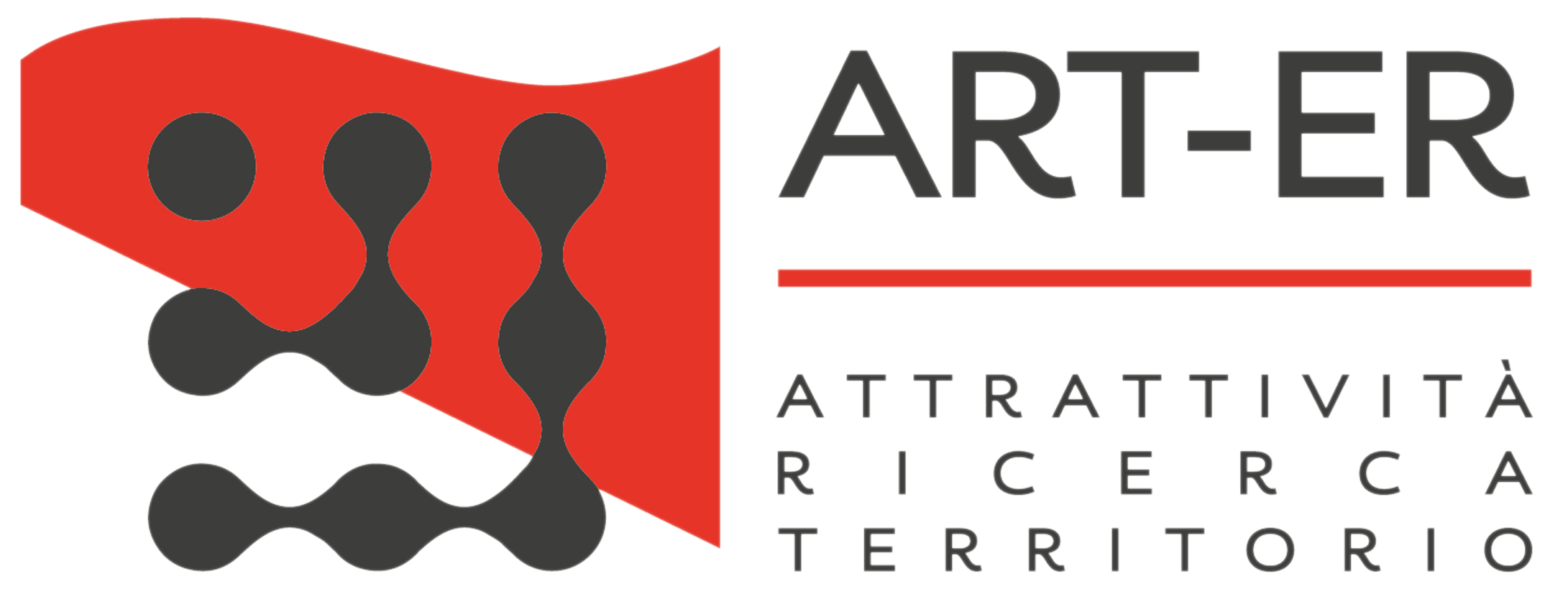EUROPEAN LIFE SCIENCE ECOSYSTEMS
Italy and Poland: a step forward in innovation ecosystems with the ELISE project
The ELISE project addresses a societal challenge common to Europe’s regions: promoting better health and living for all. ELISE partners from 7 regions believe that the concrete application of the Life Science Ecosystem concept at regional and interregional level can help address these constraints. Over the past 5 years, partners have exchanged good practices and experiences to identify ways to improve their policies. As a result of the implementation process of the Action Plan, ELISE can now show a variety of results that can positively influence research and innovation activities in the partners’ territories.
The final event of the project was held recently, where many were the interventions to discuss with experts the results achieved in the project, share the policy tools put into practice by the partners to strengthen and make more competitive the regional innovation ecosystems in lifesciences.

Italian equities: what has been done in Emilia-Romagna
ART-ER, project partner of ELISE, addressed its Regional Operational Program ERDF 2007-2014 Action 1.2.2 “Supporting R&D projects on relevant issues and application of technological solutions necessary to achieve the S3 strategy” Strategic Objective. 1.2 “Strengthening the regional and national innovation system”.
In Emilia Romagna, the COVID-19 pandemic has changed the regional situation and also influenced the implementation of the Action Plan. However, the Region has decided to issue a call that assigns 100 thousand euros to the Clust-ER Salute association for the implementation of an intersectoral strategic program consistent with the regional S3. Clust-ER Health includes all the different types of stakeholders and is representative of the ecosystem of regional innovation in health and life sciences.
Thanks to the Activities of Staff Exchange, it was possible for the partner ART-ER to deepen the methodology with which Life Science Nord (LSN – Germany) involves stakeholders and identifies thematic priorities. An excellent opportunity also to deepen the administrative and financial approach of the Mecklenburg-Vorpommern Lander (Biocon Partner) which led ART-ER and the Emilia-Romagna Region to underline the importance of feasibility studies.
This call offers the Clust-ER Salute association the opportunity to involve a large number of stakeholders (more than 90 members including industries, universities, health institutions and patient associations), which together define a transversal strategic program with projects focused on the specific needs of the regional ecosystem and aligned with S3 priorities. The cluster-ER will then be able to recruit additional staff or make use of external experts, who will carry out pre-feasibility studies of the sub-projects in the interest of all stakeholders.
Activities in Poland: the Lubelskie region
The Polish region Lubelskie, thanks to the implementation of the ELISE project, also wanted to strengthen the existing life science clusters by transforming them into an ecosystem. The internationalization of scientific research and the acceleration program to support technology companies were essential factors of the expected change, because they could improve public policies in the field of knowledge transfer and networking. As a result, within the framework of the ELISE project, the partner implemented two activities.
The NLAB Acceleration Bridge – a new way of supporting technology companies using the Business Model Canvas created in connection with ELISE GP SPARK that allowed entrepreneurs to think about research results from a market perspective in an international environment.
The second activity is instead a research and development mobility program focused on scientific networking and internationalization , carried out in collaboration with ELISE GP Le Studium, which has incorporated the region into the global innovation chain to strengthen its research and development system.
As a result of the activities carried out by the project partners, 11 companies from the regional life sciences ecosystem received support and the feasibility study for the scientific mobility program in the field of cosmetics was implemented as part of the entrepreneurial discovery process conducted under RIS3. Both have contributed to making better use of funding for research and innovation and in this way have improved the policy instrument, namely the Lubelskie Regional Operational Programme: Priority Axis 1 Research and Innovation and Axis 3 Competitiveness of Enterprises.
For more information:
- European LIfe Science Ecosystems
- Read the original article here: Innovation ecosystems improved! Italy and Poland




